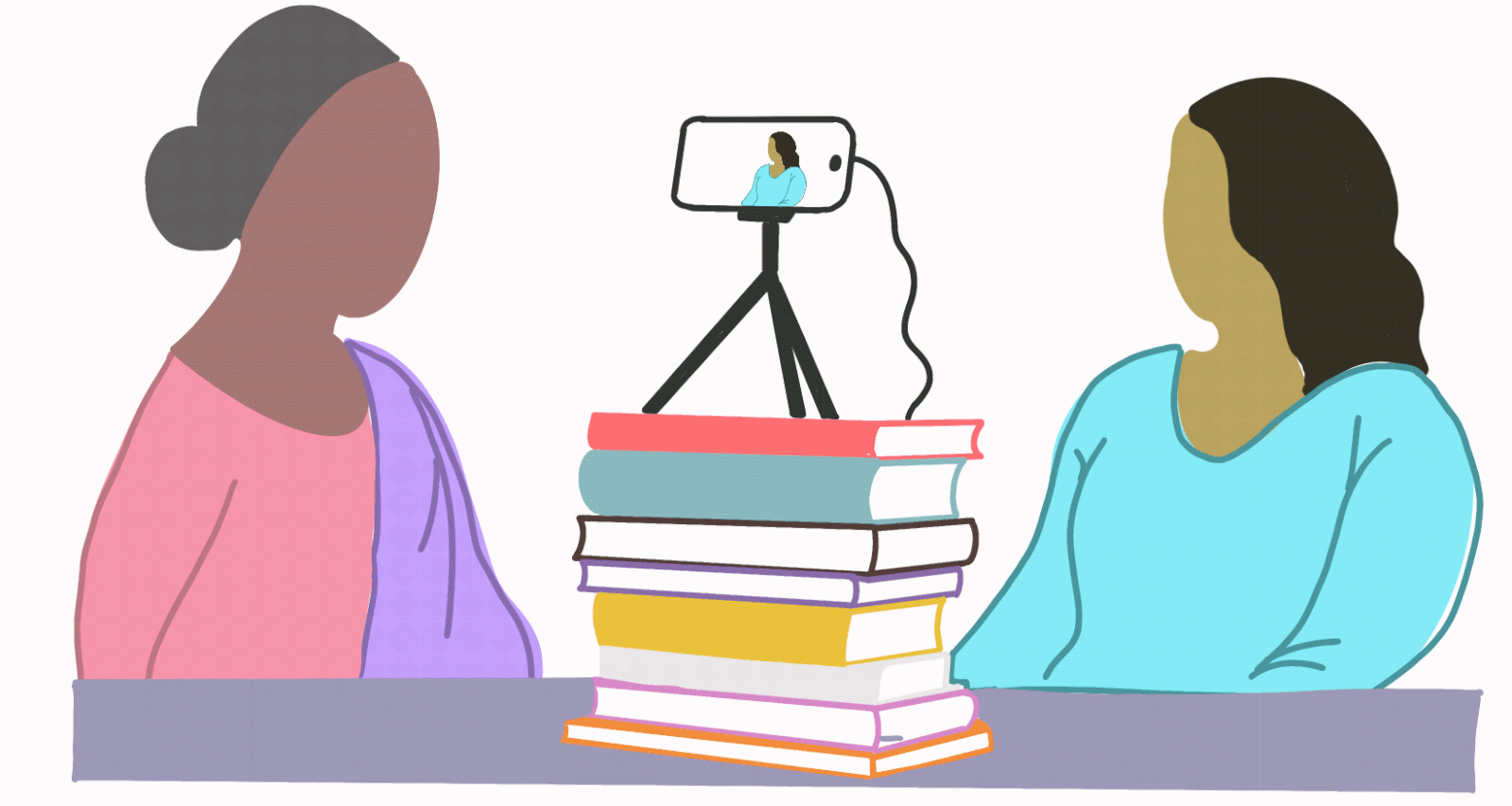
A Bonda woman drinking rice alcohol. Image: Inde bondo8941a.jpg by Yves Picq (CC-BY-SA-3.0,2.5,2.0,1.0)
Earlier this year, we were lucky to be awarded an Early Career Grant by the National Geographic Society (NGS). When most of our work expenses were borne from out of pocket so far, this grant is going to shape some of our on-ground digital documentation activities. The larger focus of the documentation will be to document the storytelling and other such narratives of these communities.
As the time frame of this grant is short we are planning to focus on 2–3 native languages that need immediate attention for preservation. So far, we have identified two languages—Bonda, and Bodo Gadaba (or Gutob) language—both spoken in primarily in the Indian state of Odisha, and partly in Andhra Pradesh. The low population of the languages (roughly 8000 speakers) in addition to geopolitical situation place very unique challenges in front of these languages. Most people in these communities do not even have access to basic amenities, let alone be digital documentation of their enchanting stories.
We are very thankful to our partner Council of Analytical Tribal Studies (COATS), a research and academic institution, which has kindly agreed to join us for our research and documentation work. Most of our work will be done in collaboration with COATS.
This project would not have been started without the kind advice of three individuals—Sunil Abraham, Executive Director of the Centre for Internet and Society; Eddie Avila, Director of Rising Voices, Global Voices; and Daniel Bogre Udell, Director and Co-founder of Wikitongues—thank you so much Sunil, Eddie, and Daniel.
The timeline looks like this:
- October–December 2017: Collaboration with local stakeholders and planning for the field work
- December ’17–March 2018: Field work (Interview of native language speakers; transcription, annotation, and translation of the content)
- February–April ’18: Production (produce meaningful content from recorded work); Creation of educational content based on the field work
- April ’18: Submission of the archive to NGS
- July ’18: Public release of the archive
We cannot wait to share more about this project when we start our on-ground documentation work soon.
This is a part of a blog series updating about our ongoing work supported by NGS.



